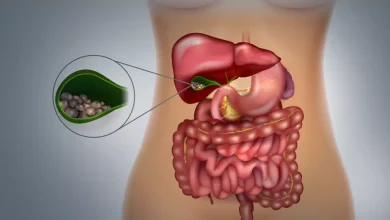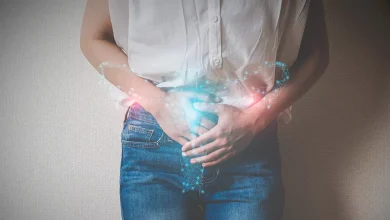All about Jaundice
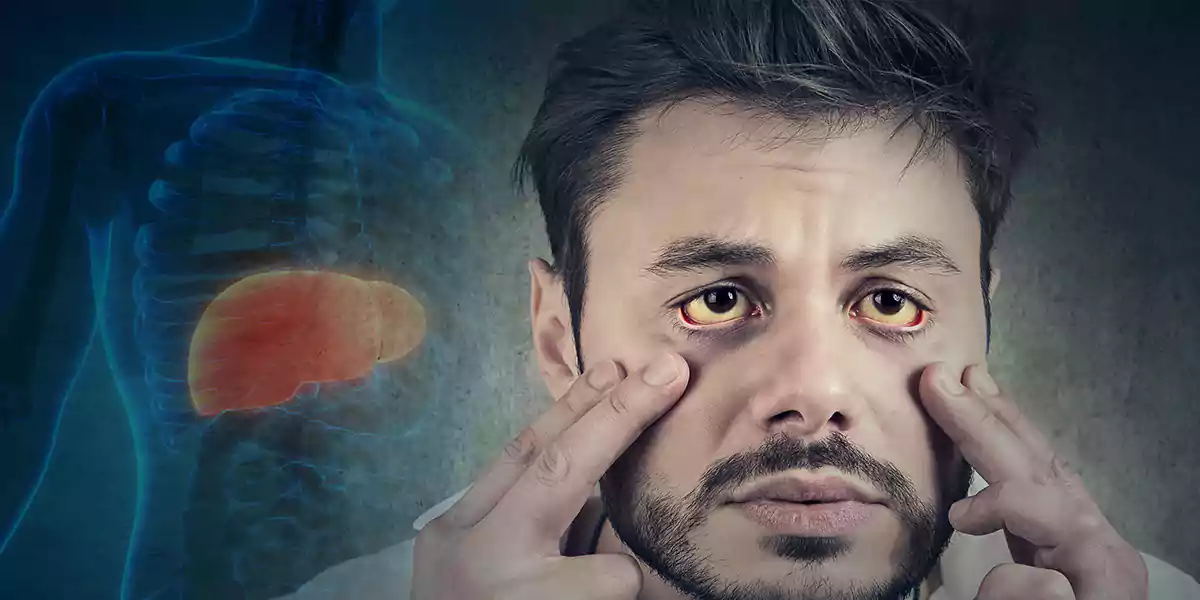
What is Jaundice?
Jaundice is a condition where various parts of the body, especially the skin, the white part of the eyes, and the mucous membranes turn yellow because of the level of bilirubin, a yellow-orange bile pigment that is secreted by the liver in fluid form. It occurs when the liver is not able to process red blood cells as they break down. Some other reasons for jaundice are hepatitis, gallstones, and tumors. It’s a common disease among healthy newborns which cures automatically in a few days. If an adult suffers from jaundice, it may be a sign of some kind of liver infection or disease.
What are the Types of Jaundice?
There are many causes of jaundice and considering the causes of jaundice along with the part of the liver it affected, jaundice has been classified into three main types.
- Hepatocellular Jaundice: Hepatocellular Jaundice is a type of jaundice that occurs because of liver damage. This damage may occur due to many reasons. In this type of jaundice, the liver’s parenchymal cells are affected because of the damage that occurs by infections or other ailments. It also leads to one more condition which is a decrease in the metabolism of the liver. Hepatitis is also one of the reasons that cause jaundice. In hepatitis, the liver is heavily infected by the hepatitis virus which makes it non-functional. Other reasons for hepatocellular jaundice include liver cancer or liver lacerations because of liver cirrhosis that arises because of alcohol abuse
- Hemolytic Jaundice: Hemolytic jaundice occurs when the red blood corpuscles in the bloodstream begin to break down faster than the normal speed. A large amount of bilirubin coming into the system results in a non-functional liver. In the next stage, there is an extreme decomposition of the red blood cells and this condition is known as hemolysis which is a serious medical condition that can be life-threatening. Hemolytic jaundice is quite common in patients who are already suffering from malaria and in this case, the malaria parasites affect the red blood cells at a fast pace resulting in a high concentration of bilirubin present in the blood. The creation of red blood corpuscles is important to keep the red blood cell count normal in the blood, but sometimes, red blood cell production doesn’t match the amount of red blood cell decomposition and it can result in jaundice.
- Obstructive Jaundice: Obstructive jaundice is a type of jaundice that arises because of the blockages that are created between the bile ducts that connect the liver, gallbladder, and intestine. These blockages stop the liver from eradicating the extra bilirubin from liver which leads to malfunctioning of the liver and causes jaundice. The bile duct is a chain of tubes that carries bile from the liver to the gallbladder. Obstructive jaundice can occur because of various elements that can lead to blockage in the bile ducts.
What are the Symptoms of Jaundice?
The skin, whites of the eyes, and mucous membranes turning yellowish are one of the main and most common symptoms. Sometimes there may be no symptoms of jaundice as the severity of the symptoms is mostly based on the fundamental causes and how fast or gradually the disease is developing. Apart from parts of the body turning yellowish, there are a few more symptoms of jaundice such as
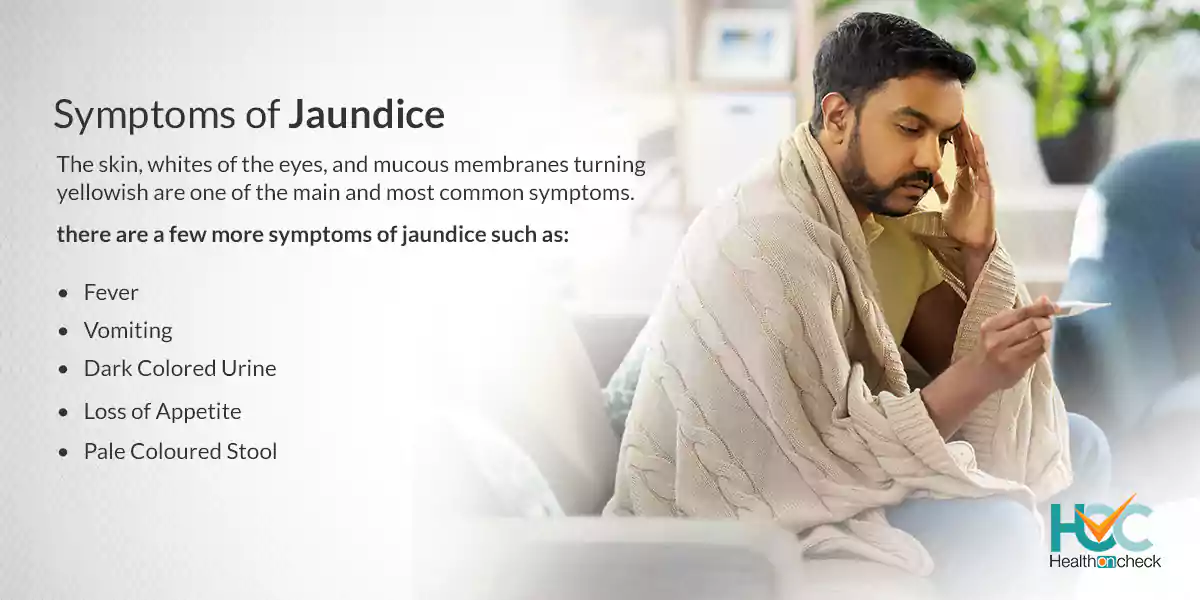
- Fever: Fever, mostly high fever is one of the symptoms of jaundice but one can’t decide whether it’s because of jaundice or not because many other diseases have this symptom. If you are suffering from a fever continuously, you should visit a doctor who will take some tests to check the reason for the fever.
- Vomiting: Vomiting occurs in the initial stages of jaundice and is a very important symptom of jaundice. It mostly happens because of the wrong functioning of the liver blocking the –usual bowel movements and digestion that results in indigestion which leads to vomiting.
- Dark Colored Urine: One of the most common and reliable symptoms of jaundice is when the colour of the urine turns dark. It happens because of the excessive flow of bilirubin that is getting released through the urethra. If the colour of your urine is turning dark then you should be aware that it is a very serious indicator of the excessive amount of bilirubin in your blood that is rising rapidly. In such a case, immediately visit a doctor to make sure that there are not many complications due to jaundice. Recognizing and treating jaundice in the initial stages is quite helpful to stop it from becoming severe.
- Loss of Appetite: If someone is suffering from jaundice, there is a big loss of appetite and the affected person does not feel hungry often or like before. The main reason for loss of appetite is the pre-occupation with bile that results in poor digestion and burning that causes loss of appetite. Even if you are not feeling hungry, you shall still eat at least some minimal amount of food to get energy.
- Pale Coloured Stool: Many times the liver may stop working altogether and because of this, there may be no excretion of bilirubin through stool which results in the pale or discolored stool. The pale or discolored stool is a prominent sign of jaundice. The doctor many times prescribes stool tests to diagnose jaundice.
- Abnormal Weight Loss: If you are noticing abnormal weight loss in yourself or someone near you, it’s very important to visit a doctor to know the reason behind it. Most of the time it occurs because of the excessive execration of bile juice as it makes the intestines unable to absorb nutrients from the food. Vomiting and loss of appetite can also be the reasons for abnormal weight loss.
What are the Causes of Jaundice?
Jaundice occurs when there’s there is an excessive amount of bilirubin, a yellow-orange substance, in your blood, precisely in the red blood cells. When these cells die, the liver takes them out of the bloodstream. But if there is a problem because of which your liver is not able to filter them, bilirubin builds up and can cause your skin to look yellow resulting in jaundice.
Here are some of the main causes of jaundice:
- Hepatitis: Hepatitis is an infection is caused by viruses such as hepatitis A, chronic Hepatitis B and C, and Epstein-Barr and may lead to jaundice. Hepatitis can be either short-lived (acute) or chronic. Drug abuse or autoimmune disorders are the main causes of hepatitis. If it’s persistent, it can damage the liver and cause jaundice.
- Alcohol Abuse: Drinking alcohol regularly for a long period can damage the liver and causes two diseases, in particular, alcoholic hepatitis and alcoholic cirrhosis which later develops into jaundice.
- Blocked Bile Ducts: Bile ducts are thin tubes whose main function is to carry a fluid known as bile from the liver and gallbladder to the small intestine. In some cases, these tubes may get blocked because of gallstones, cancer, or liver diseases which results in jaundice.
- Pancreatic Cancer: Pancreatic cancer is a very common cancer that can affect both men and women. This cancer many times blocks the bile duct and causes jaundice.
- Medicines: Medicines for other conditions such as acetaminophen, penicillin, birth control pills, and steroids affect the liver adversely and cause liver diseases which may lead to jaundice.
What are the Risk Factors Associated with Jaundice?
Risk factors that may increase the chances of jaundice are the same as the risk factors associated with liver and gallbladder disorders. Some risk factors of jaundice are:
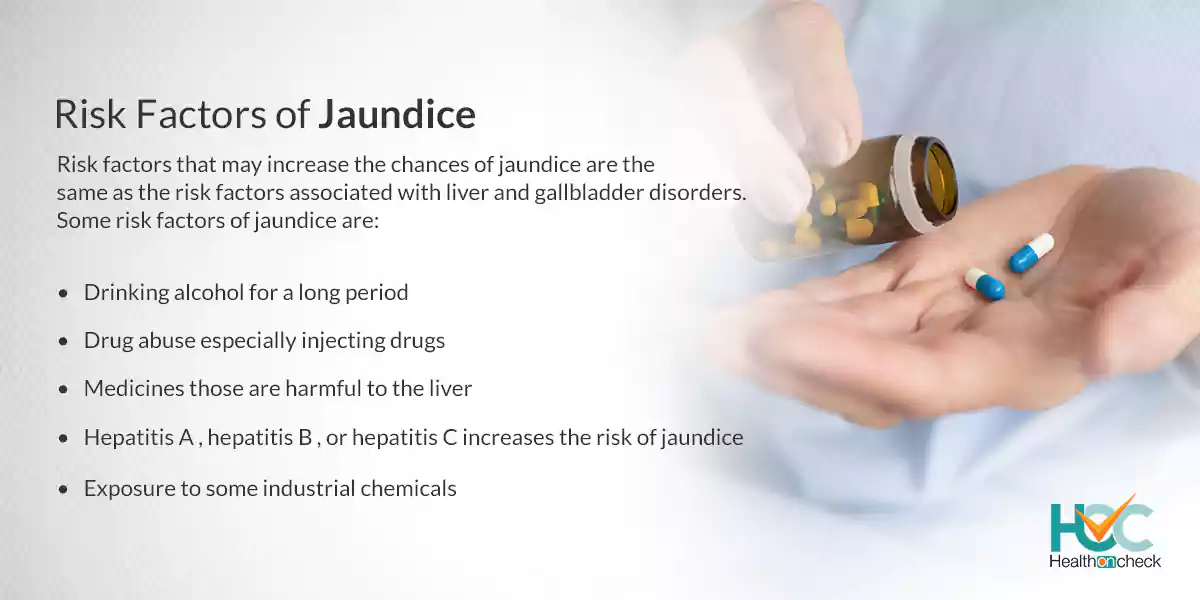
- Drinking alcohol for a long period
- Drug abuse especially injecting drugs
- Medicines those are harmful to the liver
- Hepatitis A, hepatitis B, or hepatitis C increases the risk of jaundice
- Exposure to some industrial chemicals
How is Jaundice Diagnosed?
If you are noticing the symptoms of jaundice, visit a doctor immediately. The doctor will query about your symptoms and check your medical history followed by a physical exam. To diagnosis the causes of jaundice, your doctor may recommend tests. Tests may include:
- Blood tests
- Stool Test
- Ultrasound
- CT scan
- Cholangiography
- ERCP test
- Laparoscopy
- Liver biopsy
What Are The Treatment Options For Jaundice?
Jaundice is more rampant in infant babies in comparison to adults and most of the time it is healed by itself with time. In adults, jaundice is not treated but the causes and complications of jaundice are treated. For example, if jaundice is causing itching in your body, it can be eased by cholestyramine.
Jaundice mostly occurs because of liver diseases which can be treated with proper medication. If you have acute viral hepatitis, jaundice will go away on its own as the liver begins to heal after taking treatment for hepatitis. If a block in bile is the reason, your doctor may prescribe surgery to open it. In case of severe liver damage, your doctor may suggest liver transplantation.
You can prevent the causes of jaundice by quitting alcohol or drugs if you are into them. Eat a healthy diet and exercise regularly. If you are taking medicines for some other disease, consult your doctor regarding it as the medication is also one of the causes of jaundice. Try to avoid toxins from chemicals and other sources, both inhaled and touched.
What are the Complications of Jaundice?
The complications of jaundice mostly depend on medical conditions, the jaundice type, and its severity.
Some of the complications of jaundice in adults are:
- Bleeding
- Gas in stomach
- Infections, especially in the liver
- Swelling of legs
- Liver failure
- Kidney failure
- Vomiting
- Bloating
- Constipation
- Stomach pain
- Flatulence
- Diarrhoea
- Loss of weight
Complications of jaundice in infants are:
- Fever
- Vomiting
- Dazedness
- Problem in waking up
- Crying continuously
Living with Jaundice
Jaundice mostly is not a long-term disease but the causes of jaundice may be long-lasting. In case of liver or kidney damage, you have to change your eating and living style and take utmost precautions to stop further damage. If you are into drinking alcohol or drug abuse, immediately stop them to prevent the causes of jaundice.
Whom to Consult?
If you are suffering from hepatitis or any other condition that may lead to jaundice, try to consult a doctor as soon as possible. In case the colour of your skin, the white part of the eyes, and the mucous membranes are turning yellow, consult a doctor to diagnose the cause of it and get treatment accordingly. Various liver-related diseases cause jaundice and in such instance stop the intake of alcohol immediately and consult a doctor to treat the diseases.

